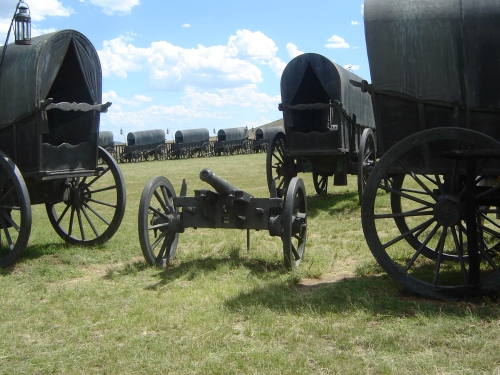THURSDAY, 14 APRIL 2016
Point 1.
It is difficult to say what I believe in.
Point 2.
It is difficult for me to commit to anything, because I would have to believe in it 100%, and I would have to constantly sell that commitment to myself.
Point 3.
I wish I could see more cosmic report-type writing: I am aware of my existence; I have learned to read and write; I’ve developed identity; I survive (how?); I function (how?); I write about what I think, how I feel and how I experience things.
If I do discover such a long-term writing project from someone else, I wouldn’t compare it to my own literary efforts. I would rejoice. I would be curious to read what that person thinks, how they feel, and how they experience life.
Point 4.
Ten or fifteen years ago I believed that I could write something, and someone will read it and think: “This guy is right. It needs to be so. I will act differently from now on.”
Point 5.
On Tuesday, 2 June 2015 I wrote: [Perhaps my life is not so different] from the next person’s after all, and I am indeed wasting my time with my so-called writing.
On the other hand, there is a slim possibility that I have lived my adult life so far in a way that has given me a unique view of human existence and the lives we live, and that a combination of personality and tertiary education could make it possible for me to write something that would make someone else say: “I like the wording of this. It’s not really something that I haven’t thought of myself, but the way he talks about it makes it easier for me to organise my own thoughts.”
Point 6.
On Friday, 31 July 2015 I rolled the drum for an important insight: We often say, “But someone else has already said that” or “Someone else is already doing that.”
Fact is, not everyone heard when that other person said whatever they had said; not everyone has seen that particular movie or read that specific book. And even if people have heard what that man or woman had said, or if they have seen a certain movie or read a particular book, they may have forgotten about the lights that had come on in their heads!
We all forget things. This, at the end of the day, is why important things need to be repeated.
Point 7.
On Thursday, 28 January 2016 I wrote: Perhaps the best novel that will ever be written in any language has already been written. But still, we have to keep writing. Perhaps the most generous human being who will ever live has been dead for decades or even centuries. But still we need to keep on giving.
MONDAY, 18 APRIL 2016
I have been thinking about this thing that I don’t really know what I believe in. Then it hit me like a thunderbolt this afternoon: I believe in trees.
Think about it: trees are aesthetically pleasing; they provide food and shelter to people, animals, birds and insects; in many cases a single tree is an ecological system in which some creatures live out their entire life cycles; trees clean polluted air and make it easier for people to breathe; trees provide wood for houses and huts and other shelters, and for furniture; trees provide wood for heat; trees provide paper for books; a person can become an activist for the cause of trees – in fact, many people are already devoting their lives to this cause; trees can keep growing for hundreds of years; and last but not least, if you suddenly find yourself standing naked outside one day, you can simply walk over to the nearest tree, gently break off a sprig of leaves, and cover your face.
______________________

